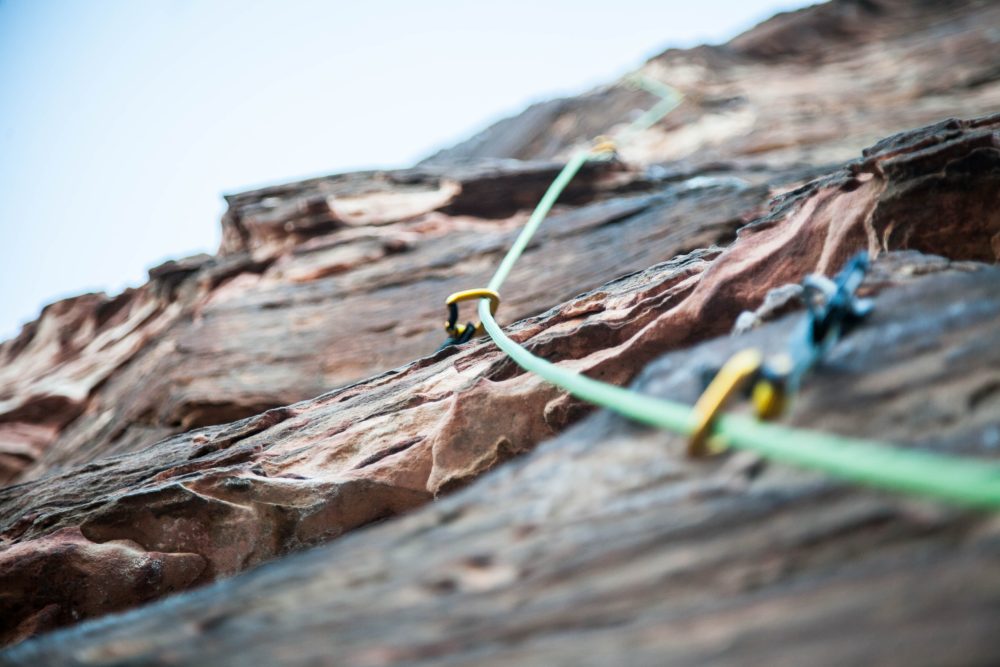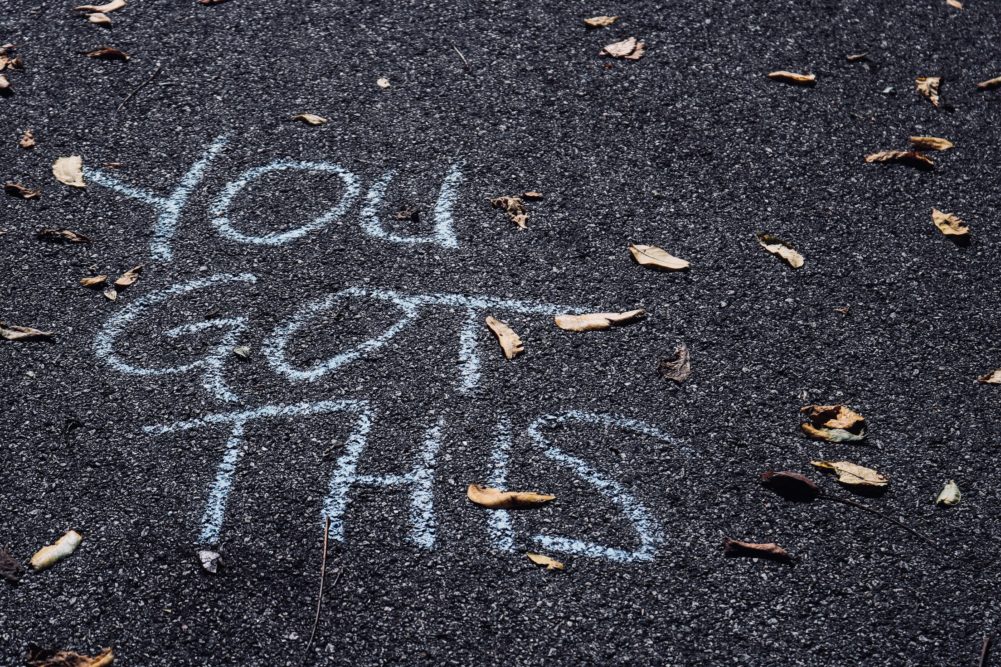
Yoga for Rowers
With busy training schedules filled with rowing, rowing, and more rowing, finding the time to add another workout might not seem like a good idea for most rowing enthusiasts. However, if you’re looking to improve your performance and avoid most common overuse injuries associated within the sport, supplementing your sport-specific routine with mobility training is a must.
Since we know how important the core is for building stability, balance, and the power needed to excel in rowing, adding yoga into your existing training plan can be an excellent way to improve upon weaknesses without overloading the body.
HOW YOGA WILL BENEFIT YOU
Because of the long hours spent on the water or on the erg, developing muscular imbalances within the body can be a common problem for amateur and professional rowers alike. According to research by Karlson, (2000), virtually all rowing injuries are due to overuse, and many can be traced to training errors or equipment problems.
Developing the muscle groups that are underutilized and improving flexibility with yoga is one way to not only correct weaknesses to improve performance, but will also steer you away from unnecessary injury as the meters start to accumulate.One of the benefits of yoga is that you never stretch one muscle in an isolated position. To avoid problems from tight muscles and monotonous training, it’s ideal to stretch the whole fascia chain, which connects the entire front of the body from the feet to the sides of the skull. While you stretch the front side of the body, you will simultaneously strengthen the back and core, so you kill two birds with one stone.
This ability to lengthen muscles that are commonly contracted during rowing disciplines while also strengthening overlooked muscle groups is one of the main reasons why incorporating yoga into your routine can be extremely beneficial for performance and injury prevention.
6 GREAT YOGA EXERCISES TO GET STARTED
Whether you’re new to yoga or have practiced it in the past, here are 6 yoga poses recommended to help combat some of the problematic areas common for most rowers.
Sun Salutation A: This exercise is a great way to stretch and strengthen the anterior and posterior chain
Bridge Pose: This will help build strength in the glutes and hamstrings whilst stretching the hip flexors, abs, and chest.
Cross legged twist: This will stretch the hips and chest and improve rotation of the spine.
Warrior 2: This will strengthen and stretch the hip flexors, quads, calves and ankles.
Warrior 3: This will strengthen the hips and core whilst stretching the hamstrings and building balance.
Pigeon pose: This will stretch the hip flexors, glutes, piriformis, IT band and outer hips.
Yours in fitness, education and getting your yoga on.
Coach John
Karlson, K. A. (2000). Rowing injuries: identifying and treating musculoskeletal and nonmusculoskeletal conditions. The Physician and sportsmedicine, 28(4), 40-50.
Photo by Stephanie Greene on Unsplash
No products in the cart.


